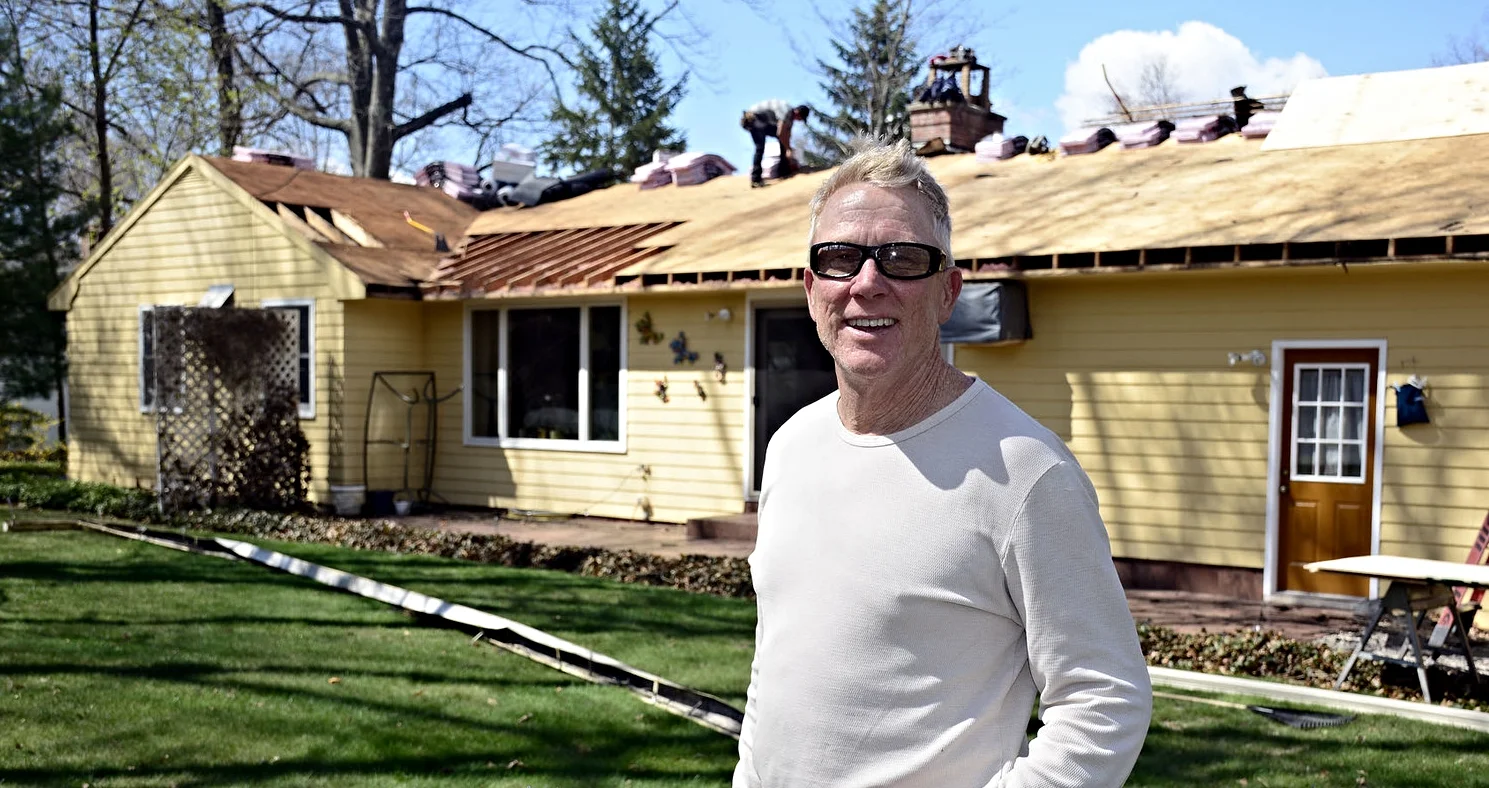Understanding Indoor Air Quality During Winter
Chelsea O'Donnell
As winter tightens its grip, homeowners often seal their residences to keep the cold at bay. While this practice conserves heat, it can inadvertently compromise indoor air quality, leading to discomfort and potential health issues. Understanding the challenges and implementing effective strategies can ensure your home's air remains fresh and healthy throughout the colder months.
Understanding the Winter Air Quality Challenge
During winter, increased use of heating systems and reduced ventilation can lead to a buildup of indoor pollutants. Common culprits include dust mites, pet dander, mold spores, and volatile organic compounds (VOCs) emitted from household products. Exposure to these pollutants may cause symptoms like headaches, dizziness, and respiratory issues, often referred to as "sick building syndrome."
Effective Strategies to Enhance Indoor Air Quality
Regular Ventilation: Even in cold weather, it's essential to allow fresh air to circulate. Briefly opening windows or doors can help disperse indoor pollutants. Utilizing exhaust fans in kitchens and bathrooms further aids in expelling contaminants.
Maintain Optimal Humidity Levels: Aim to keep indoor humidity around 50%. Excess moisture fosters mold growth, while overly dry air can irritate respiratory passages. Using humidifiers or dehumidifiers as needed can help maintain this balance.
Regular HVAC Maintenance: Ensure your heating system is serviced annually. Clean or replace filters every 1-3 months to prevent dust and allergen accumulation. Consider having your air ducts inspected and cleaned to remove any built-up debris that could circulate throughout your home.
Consider Using Air Purifiers: Air purifiers can be a powerful tool in maintaining indoor air quality during winter. Look for models equipped with HEPA (High-Efficiency Particulate Air) filters, which are designed to capture small particles like dust, pollen, and pet dander. Many purifiers also include activated carbon filters to remove odors and VOCs from the air. Placing a purifier in frequently used spaces, like the living room or bedroom, can significantly reduce airborne pollutants and help create a healthier home environment.
Incorporate Indoor Plants: Certain houseplants can naturally purify indoor air by absorbing toxins and releasing oxygen. Plants like sansevieria (snake plant) are known for their air-cleaning properties and can be a beneficial addition to your home with very low maintenance needs.
Use Natural Cleaning Products: Traditional cleaning agents can emit VOCs, degrading air quality. Opt for natural or eco-friendly cleaners to minimize chemical exposure. Additionally, store chemicals safely and ensure proper ventilation when using them.
Monitor for Radon and Carbon Monoxide: Install detectors to monitor levels of these colorless, odorless gases. Regularly test and maintain these devices to ensure they function correctly, safeguarding your household from potential hazards.
Keep Your Home Clean: Regular dusting and vacuuming can significantly reduce indoor pollutants. Using a vacuum with a HEPA filter ensures that dust and allergens are effectively captured and not redistributed into the air.
Be Cautious with Scented Products: Air fresheners and scented candles can emit VOCs. Opt for unscented or naturally scented alternatives, and ensure proper ventilation when using them.
By implementing these strategies, you can maintain a healthy indoor environment during the winter months, ensuring that your home remains comfortable and safe.
Bob O'Donnell is the owner of O'Donnell Bros, Inc., a Bristol-based home improvement company established in 1975. Email your questions for Bob to info@odonnellbros.com with the subject line “Ask the Pro.” All questions may be considered for publication. To contact Bob for your remodeling needs, call O'Donnell Bros, Inc. at (860) 589-5155 or visit www.odonnellbros.com. Advice is for guidance only.
